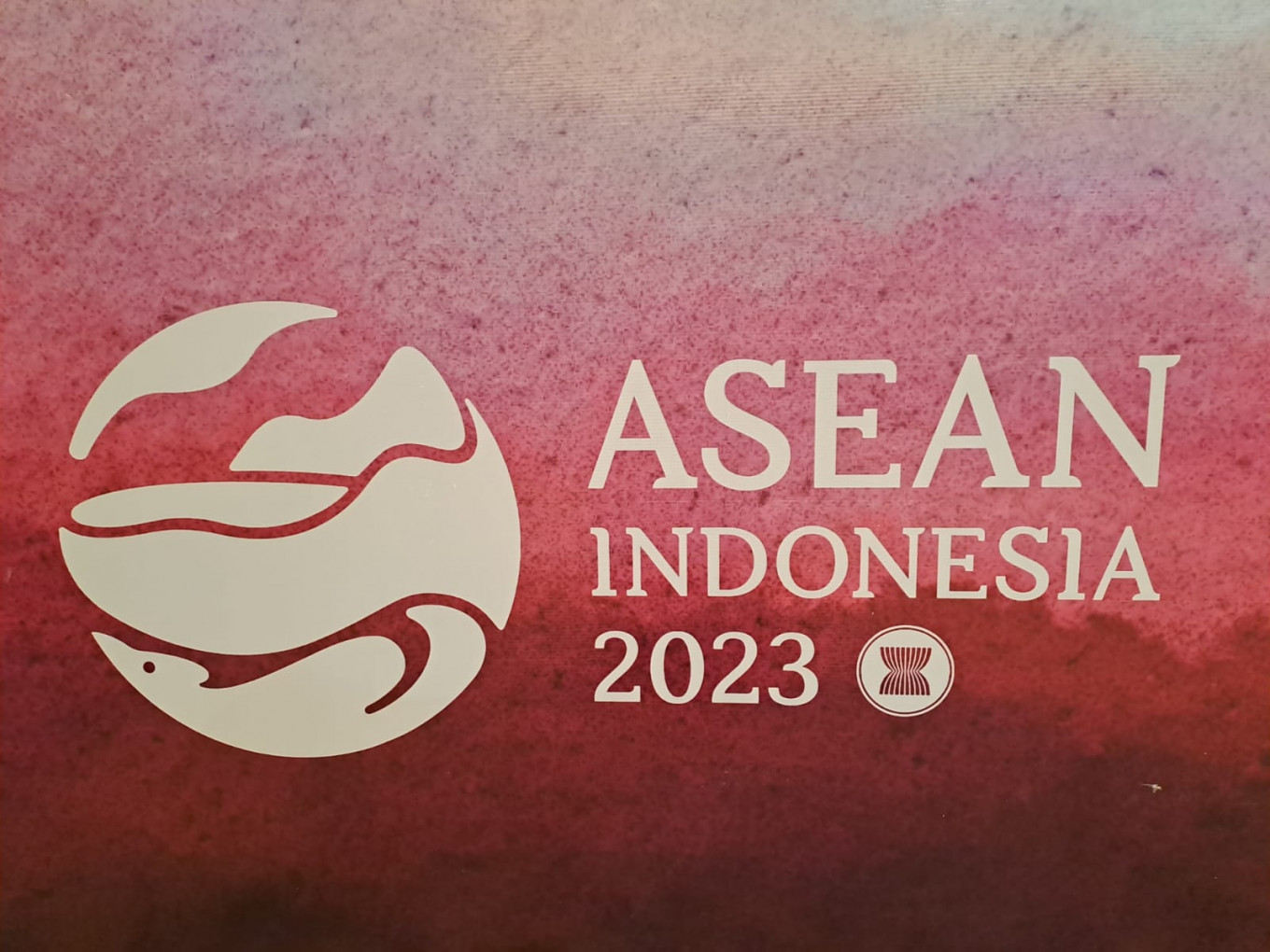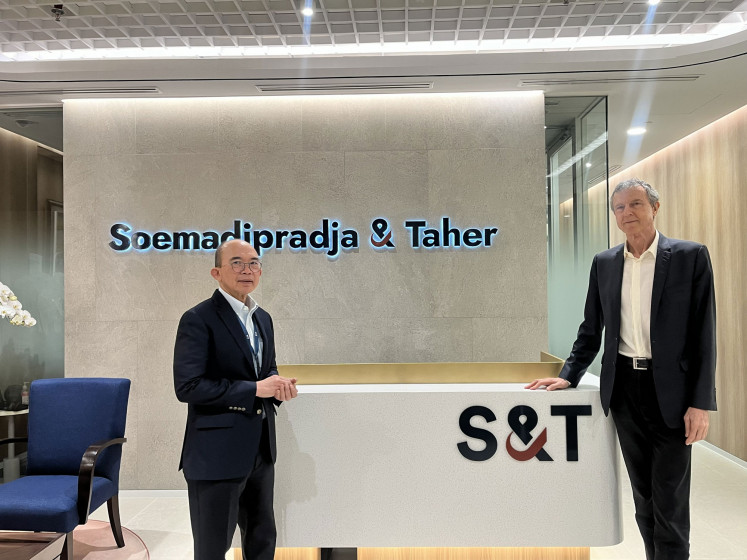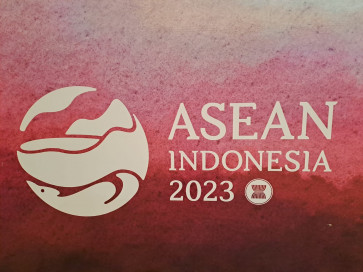Popular Reads
Top Results
Can't find what you're looking for?
View all search resultsPopular Reads
Top Results
Can't find what you're looking for?
View all search resultsRI protectionism may stand in way of ASEAN digital economy pact
Change text size
Gift Premium Articles
to Anyone
A
SEAN countries are seeking to promote the digital economy framework agreement (DEFA), which will allow the region to greatly increase its digital economy potential, but Indonesia's current protectionist policies may stand in the way of reaching that goal.
During the five-day meeting, which ended on Aug. 22 in Semarang, Central Java, ASEAN member states agreed that the DEFA will be made legally binding, emphasizing that each country must change their domestic policies according to the agreement.
One aspect of the DEFA would regulate e-commerce and cross-border goods movements, as well as digital trade, cybersecurity, digital ID and digital payments, among others.
Previously, ASEAN leaders agreed in May to move the launch of the DEFA negotiations forward to September 2023, two years earlier than it had initially planned.
“[The private sector has] requested that ministers require ask negotiators to look deeply into the whole value chain of the e-commerce digital economy,” Deputy ASEAN secretary-general Satvinder Singh told reporters at the 55th ASEAN Economic Ministers Meeting in Semarang.
“Now that definitely includes the taxes. It includes mechanisms of how you handle low value goods, across borders,” Singh said.
Read also: ASEAN to start negotiations on digital economy pact this third quarter


















